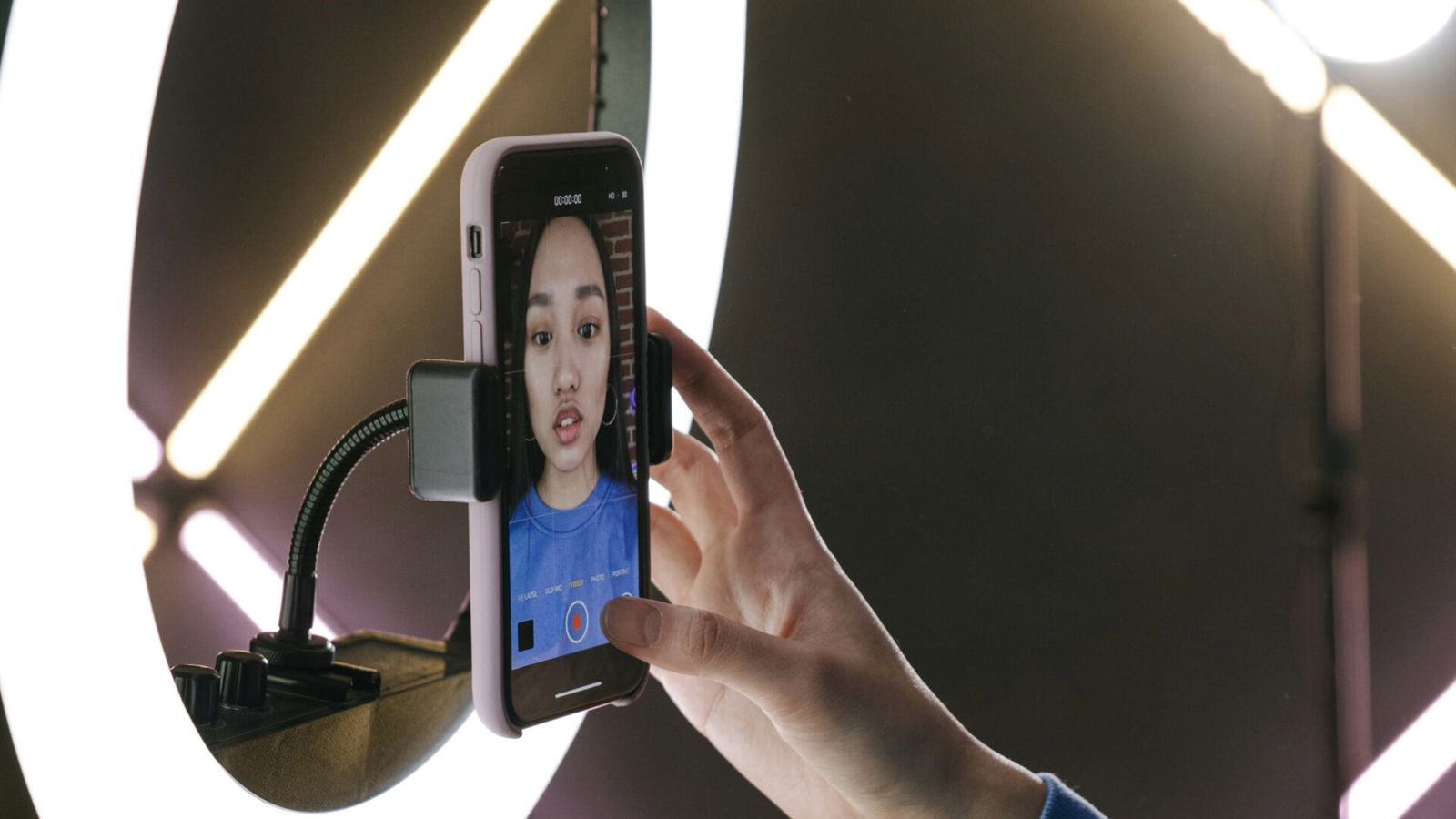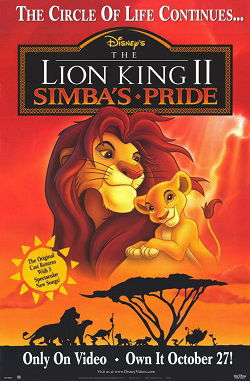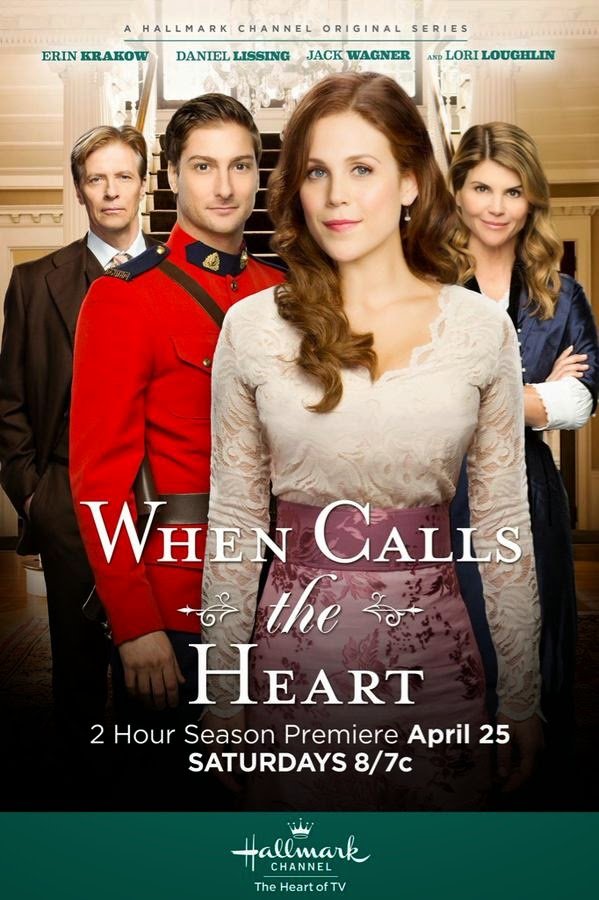
What’s Killing the Influencer?
By Movieguide® Contributor
While the flaunting of extravagance has been a staple of social media since it first appeared, Gen Z’s desire for relatability is cutting the effectiveness of the strategy.
Earlier this year, Tarte Cosmetics sent 30 influencers on an all-expenses paid trip to Bora Bora to promote its products while in paradise. While trips similar to this have been part of Tarte’s marketing dating back to 2015, the response to this year’s trip — and last year’s trip to Dubai — has received more negative than positive feedback as some called these trips tone deaf.
The rejection of luxury marketing places the entire advertising world in peril as the reliance on extravagance — and celebrities in particular — has been at the core of the industry for over a century. In the last decade, that strategy has been applied to social media influencers as well with just as much success as everyday people are elevated to extraordinary experiences.
The shine of these experiences, at least in the social media space, appears, however, to have worn off. A recent study from YPulse shared with Yahoo News found that 45% of people aged 13 to 22 said “influencers just don’t have the same power they used to” while 53% said “they were more likely to trust recommendations from regular people online whom they don’t know rather than creators with large followings.”
Another study found that “81% of respondents said a brand’s use of influencers has either no impact or a negative impact on their perception of that brand, with more than half (51%) admitting they scroll right past influencer posts.”
This shift is largely attributed to a decreasing belief in upward mobility as the younger generations struggle to reconcile dreams of a better future with the realities they face.
The desire to be relatable is seen in the biggest influencers today. Looking at the streaming world, the largest creators on Twitch draw in viewers through their larger-than-life personalities and impressive or interesting gameplay while the equipment they use is affordable for most of their viewers. Turning to YouTube, the platform’s largest creator, MrBeast, relies on money for his videos through cash prizes and incredible sets but rarely shows himself enjoying the luxury his success can buy. When he does, it fits into the context of the video.
Even mainstream celebrities have begun to feel the impact of this shift. For example, throughout her record-breaking “Eras” tour, Taylor Swift has been constantly criticized for her excessive use of a private jet.
As Gen Z’s spending power grows as young people begin to enter the workforce, their emphasis on relatability will only continue to become more important. While most brands still have a few years to adjust their strategy, Hollywood is already feeling the impact of the generation in full force as the age group with the most time for entertainment is picking up relatable shows and movies more than ever.
Movieguide® previously reported:
In May, the Economist reported movies today have 40% fewer sex scenes than in 2000. The steepest drop was in the action movie genre, which saw sex scenes decrease by 70%. However, though sex scenes are fewer, they are more graphic than they were years ago.
But the Talker study and Economist article only mention movies, not shows. Recent series — like BRIDGERTON, THE IDOL, GAME OF THRONES, HOUSE OF DRAGONS and many others — have had a lot of pornographic nudity.
UCLA performed a study last year that found 47.5% of Gen Z think sex scenes in shows and movies are not needed. Over half said they wanted to see more content centered on platonic friendships and 44.3% said they want to see less romance on screen.
The top five categories of content they reported wanting to see are:
- Hopeful, uplifting content with people beating the odds.
- People with lives like my own.
- Action and/or fight scenes (may include guns and violence).
- Superheroes
- Friendships and social groups (popular, unpopular, etc.).
Gen Z is right on the money when it comes to the top category. It’s proven that uplifting content is what sells tickets at the box office compared to other genres.



 - Content:
- Content: 

